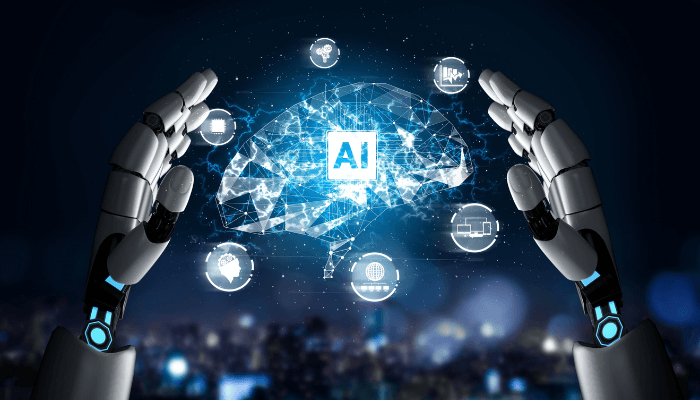Abubakar Suleiman, CEO of Sterling Bank, has urged African stakeholders and leaders to invest in building a robust Artificial Intelligence (AI) workforce to secure its place in the global economy.
He said this during a Fireside chat at the Bluechip Data and AI Summit 2024. He emphasised the need for the continent to leverage its youthful population to develop AI expertise to drive innovation locally and compete internationally.
“With Africa’s population projected to reach 2.5 billion by mid-century, most of them young, there is an opportunity for the continent to position itself as the workforce for the world,” Suleiman said.
Read also: Artificial Intelligence adoption will transform African insurance industry Onifade
He noted that combining a growing youth demographic and the global demand for AI talent presents a unique chance for Africa to thrive in the digital age.
Suleiman highlighted the critical role of talent development in scaling AI adoption across the continent. He pointed out that Africa’s cost advantage makes it well-suited to produce talent that can be globally competitive while also meeting local needs.
“The income discrepancy remains a powerful tool,” Suleiman explained. “You can have people here who would be pretty decent earning $1,000 a month, which gives us a competitive edge in the global market, he added.
Suleiman spoke on the importance of leveraging AI clusters — ecosystems where talent can interact and innovate to achieve these goals.
“If we want to have a national advantage, we need to build an AI cluster. A lot of the breakthroughs and learning will come from the interaction of different people solving diverse problems,” he said.
He also stressed that scaling AI talent requires more than traditional academic approaches, noting that fast-changing technology often outpaces curricula. Instead, Suleiman advocated for hands-on learning environments.
“The best place is to get people together, give them the tools to play with, and let them discover solutions themselves,” he said. Suleiman argued that Africa’s AI workforce should cater to global markets and address the continent’s unique challenges.
“We need to ensure that local industries thrive through this transformation,” he said, adding that AI could be instrumental in solving systemic healthcare, education, and infrastructure issues.
He highlighted telemedicine as an example, suggesting that AI could significantly reduce the strain on the continent’s overburdened healthcare systems. Similarly, he called for reimagining traditional methods to focus on job-readiness in education.
Read also: Adopting quantum computing and artificial intelligence (AI) into Nigeria’s technology ecosystem
“We must rethink education in the age of AI. With targeted curricula, we can reduce university education from years to months, focusing solely on what is needed for the job,” Suleiman said.
He urged leaders and institutions to prioritise collaboration, innovation, and education to build a workforce capable of driving progress locally and internationally.
“Building an AI workforce is not just an opportunity; it’s a necessity,” he added. “With the right investments in talent and infrastructure, Africa can position itself as a leader in the global AI economy.”
